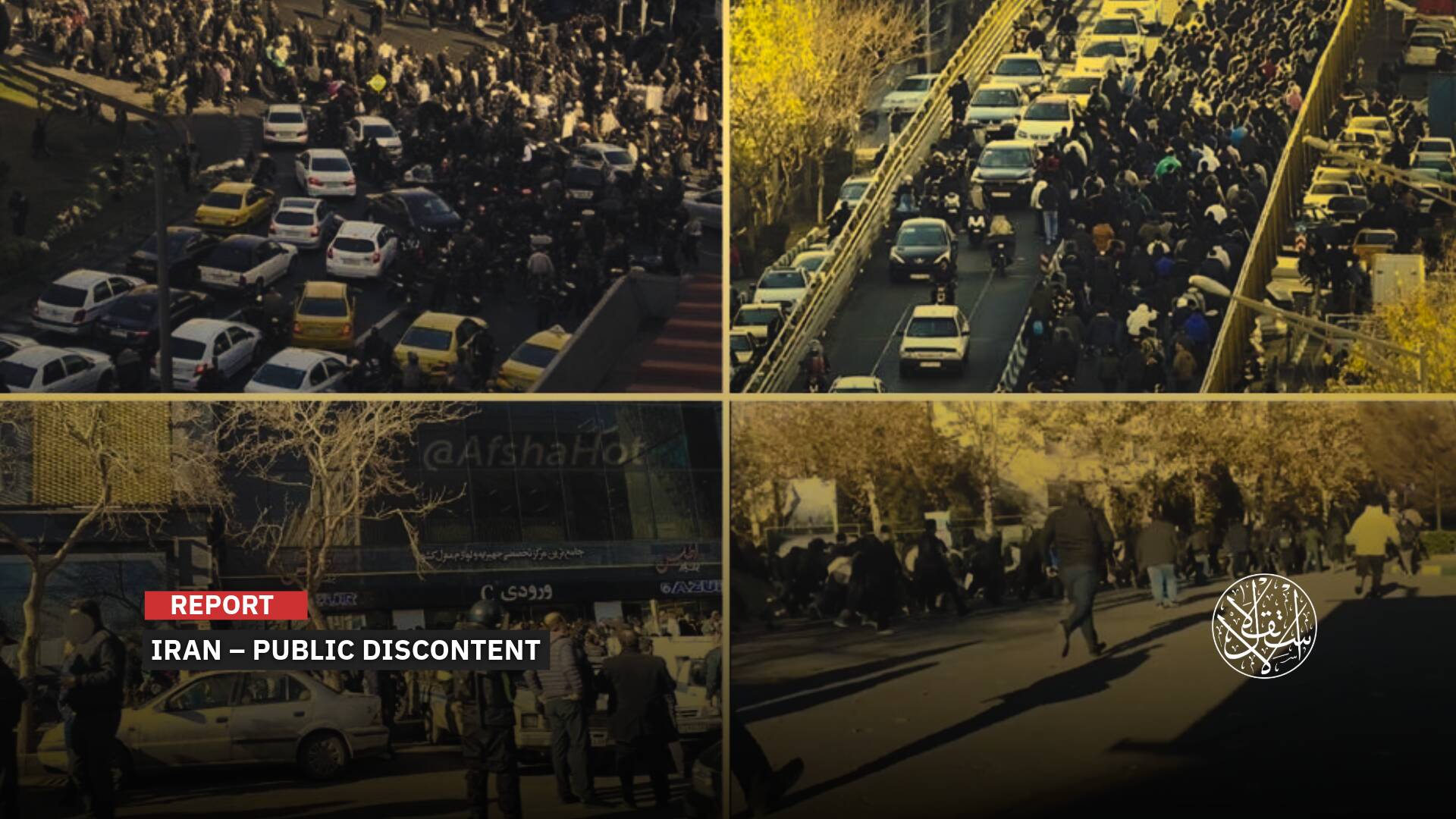Digital Siege: Could Digital Surveillance Re-Engineer Uyghurs?

In 2014, the concentration camp re-education system was just beginning, primarily targeting young Uyghurs in rural areas. But the people of that region never imagined that after only three years, 1.5 million people would be deemed untrustworthy and sent to camps.
It has become known what is happening in China against Muslims in the Uyghur regions of the forced disappearance of people in the countryside, the suppression of protests, and extrajudicial killings through random clashes with the police, as well as the growth of surveillance systems, political education camps, and the existence of ethnic discrimination policies that have made the Han Chinese rich, while most of the Uyghurs are extremely poor.

Terror Capitalism Against the Uyghurs
The literature on racist capitalism and settler colonialism constitutes distinct boundaries for accumulating expropriated capital. The former focuses on the enslavement or dependent labor of others who experience racism, while the latter focuses on the expropriation of others of a different race. However, the ethnic hierarchy remains a common core element and is central in both historical and contemporary forms of economics.
Darren Byler, assistant professor of international studies at Simon Fraser University, told Al-Estiklal that “the need to understand the work of ‘terrorist capitalism’ requires an understanding of the term ‘terrorism,’ as it is a term employed for ethnic classification through state tools.”
Adding that “in 2014, the administration of Xi Jinping’s ‘The People’s War on Terror’ was declared in response to a series of violent incidents in which the Chinese administration claims to have witnessed the involvement of the Uyghurs and radical Islamic movements.

Byler furthermore indicated that China’s introduction of global terrorism rhetoric and digital surveillance “has spurred a new crackdown on Uyghur Muslims, making non-Chinese Muslim bodies and property vulnerable to intense forms of expropriation ranging from land occupation and displacement, to mass confinement and data collection, to reconfiguring social reproduction under conditions of surveillance mechanism.”
Chinese Colonial Legacy
Darren Byler authored the book Terror Capitalism: Uyghur Dispossession and Masculinity in a Chinese City, in which he shows that China attempts to hide the traces of its colonization of the Uyghurs and to hide the way in which terror rhetoric allows ethnic differences to be divided by presenting an appearance of anti-imperialist purity.

China uses a narrative that it was partially colonized in the past. Hence, it is impossible for it to colonize others in the future. Instead, in a similar fashion to the Japanese apologetic narrative for their colonization of parts of China and Taiwan, the colonization of the Uyghurs is presented as their rescue.
What these narratives often ignore is the possibility of new cascades of ethnic discrimination not directly created by Western powers in places like Xinjiang, yet comparable to the institution of apartheid in South Africa or violent apartheid in Palestine.
Since the Han natives themselves were the subject of European racism and American racism, many scholars hesitate to characterize the dispossession of the Uyghurs as a product of ethnocentrism. However, the Chinese rhetoric of colonial humiliation directed at China by the West has also become a technique of self-valorization and a way to hide the directed social violence of state capital toward another minority.

Digital Surveillance Surrounds the Uyghurs
It has become difficult for Uyghurs to find jobs or even a sense of security within the city. The police wipe the phones and private accounts of Uyghur youths on spot searches, regularly search Uyghur apartments, scan QR codes pasted on the doors of Uyghur homes, and digitally monitor the Uyghur population.
Darren Byler told Al-Estiklal that “between 2010 and 2020, smartphones became tracking devices that claim life experience and behavior [and] provide data that can be turned into behavior prediction tools. Like our interaction with products that make up social life, the Uyghur experience with phones and their conversion into monitoring tools created what has become known as ‘capitalist terrorism’ imposed by the Chinese regime on the Uyghur minority, which is consistent with what the American author Shoshana Zuboff calls ‘surveillance capitalism.’ With this in mind, the state-funded, privately-built system of surveillance has produced millions of Muslims in northwest China as objects of terrorist capitalism.”

Regarding his book, Byler says: “Drawing on more than twenty-four months of ethnographic research in the Uyghur region in Northwest China between 2011 and 2018, I examine government documents and reports from tech workers in China as well as internal Chinese police reports since that time. Based on this body of evidence, Terror Capitalism shows that the social life of Muslims, particularly young Uyghur men, has been radically transformed by systems designed and implemented by tech workers and police contractors in China.”
The Chinese regime takes into account the rise of the development of private technology it directs to re-engineer citizens’ behavior, change their convictions, and turn them into stereotypes that serve the state apparatus. It considers the roles digital media censorship plays in political control and economic growth.
This system resonates with the processes of changing political convictions, as is the case in the anti-terrorism campaigns that the Chinese regime claims to be leading at the expense of the Uyghur minorities, but in this case, it is trying to produce knowledge transmission through monitoring. According to Darren Byler, the re-engineering of social life for the Uyghurs is the ultimate goal of the Chinese political system to nurture a contemporary capitalist and colonial model.
Sources
- 1.5 million Muslims could be detained in China’s Xinjiang: academic
- Colonialism and cultural erasure in Xinjiang
- From the archive: China’s hi-tech war on its Muslim minority
- How “Terror Capitalism” Links Uyghur Oppression to the Global Economy
- Terror Capitalism: Uyghur Dispossession and Masculinity in a Chinese City, Darren Byler [PDF]
- Shoshana Zuboff: ‘Surveillance capitalism is an assault on human autonomy’










